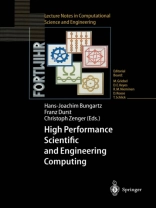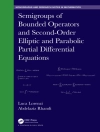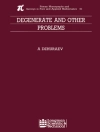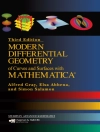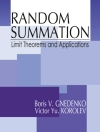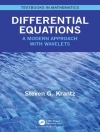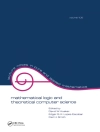Since the creation of the term "Scientific Computing" and of its German counterpart "Wissenschaftliches Rechnen" (whoever has to be blamed for that), scientists from outside the field have been confused about the some- what strange distinction between scientific and non-scientific computations. And the insiders, i. e. those who are, at least, convinced of always comput- ing in a very scientific way, are far from being happy with this summary of their daily work, even if further characterizations like "High Performance" or "Engineering" try to make things clearer – usually with very modest suc- cess, however. Moreover, to increase the unfortunate confusion of terms, who knows the differences between "Computational Science and Engineering" , as indicated in the title of the series these proceedings were given the honour to be published in, and "Scientific and Engineering Computing", as chosen for the title of our book? Actually, though the protagonists of scientific com- puting persist in its independence as a scientific discipline (and rightly so, of course), the ideas behind the term diverge wildly. Consequently, the variety of answers one can get to the question "What is scientific computing?" is really impressive and ranges from the (serious) "nothing else but numerical analysis" up to the more mocking "consuming as much CPU-time as possible on the most powerful number crunchers accessible" .
Hans-Joachim Bungartz & Franz Durst
High Performance Scientific and Engineering Computing [PDF ebook]
Proceedings of the International FORTWIHR Conference on HPSEC, Munich, March 16-18, 1998
High Performance Scientific and Engineering Computing [PDF ebook]
Proceedings of the International FORTWIHR Conference on HPSEC, Munich, March 16-18, 1998
购买此电子书可免费获赠一本!
语言 英语 ● 格式 PDF ● ISBN 9783642601552 ● 编辑 Hans-Joachim Bungartz & Franz Durst ● 出版者 Springer Berlin Heidelberg ● 发布时间 2012 ● 下载 3 时 ● 货币 EUR ● ID 6328584 ● 复制保护 Adobe DRM
需要具备DRM功能的电子书阅读器
